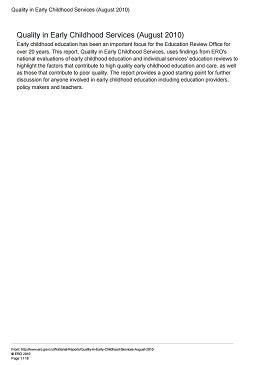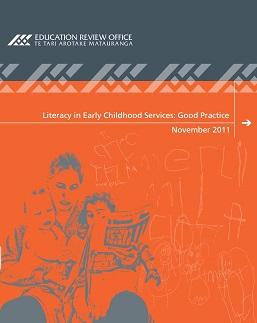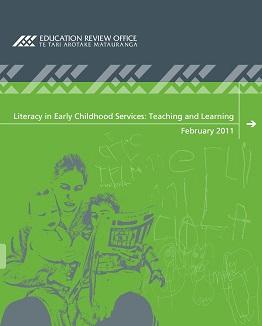Quality in Early Childhood Services
Published: 01 Aug 2010
Early childhood education has been an important focus for the Education Review Office for over 20 years. This report uses findings from ERO's national evaluations of early childhood education and individual services' education reviews to highlight the factors that contribute to high quality early childhood education and care, as well as those that contribute to poor quality. The report provides a good starting point for further discussion for anyone involved in early childhood education including education providers, policy makers and teachers.
- Audience:
- Early learning
- Parents
- Content type:
- Research
- Topics:
- Quality
- Early childhood services
- Regulatory frameworks



